What is a Diode and Diode Types
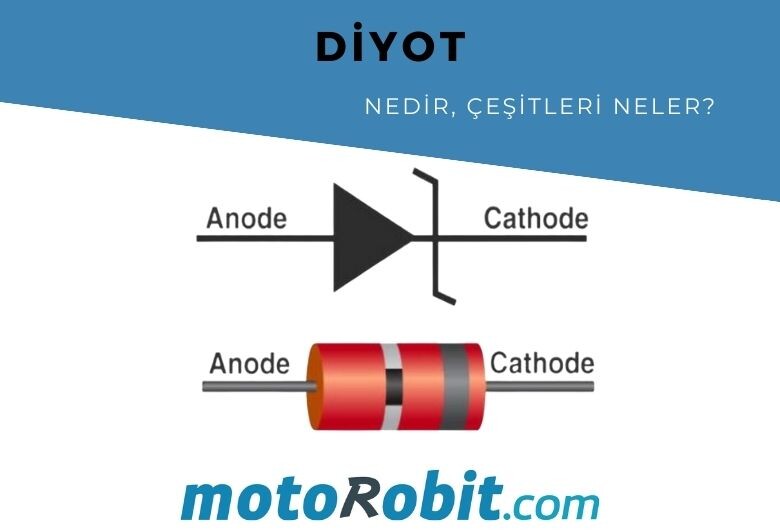
A diode is defined as an electronic component with two terminals that conducts current only in one direction (as long as it is operated at a specific voltage level). An ideal diode would have zero resistance in one direction and infinite resistance in the reverse direction. Diodes are mostly made from silicon, sometimes from germanium, which are semiconductors. A diode consists of two ends: cathode (-) and anode (+). The cathode (-) end of the diode is indicated by a line. The symbol of a diode and its practical use in everyday life are shown in the image below.
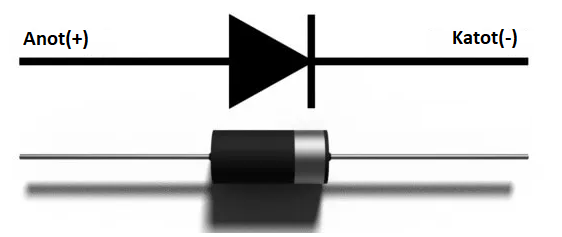
When a forward voltage is applied to diodes, they behave like a closed circuit, allowing current to flow in the direction of the arrow. When reverse voltage is applied, they behave like an open circuit, preventing current flow. This is why they are crucial in electronics. Even if you accidentally apply reverse voltage, using a diode can prevent damage to the circuit.
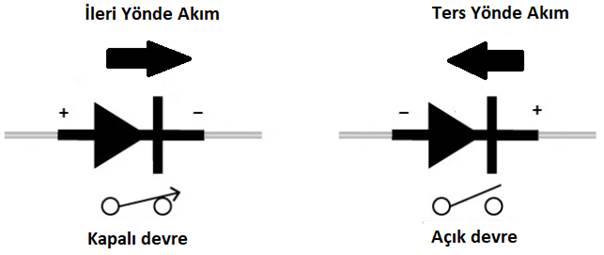
The general purpose of a diode is as described above, but there are many types of diodes, each with different uses and purposes. Now we will talk about the most important types of diodes.
ZENER DIODE
Zener diodes are one of the most commonly used types of diodes in electronic circuits. The operating principle of Zener diodes is the same as that of general-purpose diodes when forward current is applied. However, when reverse voltage is applied, they act as a voltage regulator. For example, if we select a Zener diode with a Zener voltage of 9V, when we apply a 12V reverse voltage (i.e., apply 12V to the cathode terminal), the voltage there is limited to 9V, acting as a voltage regulator.
Below is the symbol of a Zener diode and its model that we may encounter in daily life.
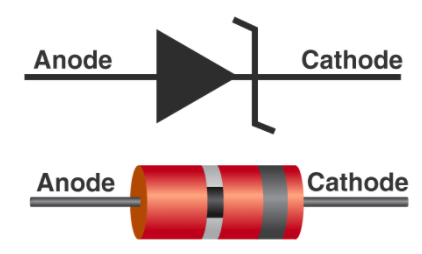
The diodes listed above are the most commonly used ones, but there are other types of diodes that are less commonly used but still important to know about. These include:
• Peltier Diode
• Crystal Diode
• Varactor Diode
These diodes have specific applications in various fields, from electronics to physics and beyond.
In conclusion, diodes are fundamental components in electronics, allowing current to flow in one direction while blocking it in the other. Understanding their types and applications is essential for anyone working with electronic circuits.
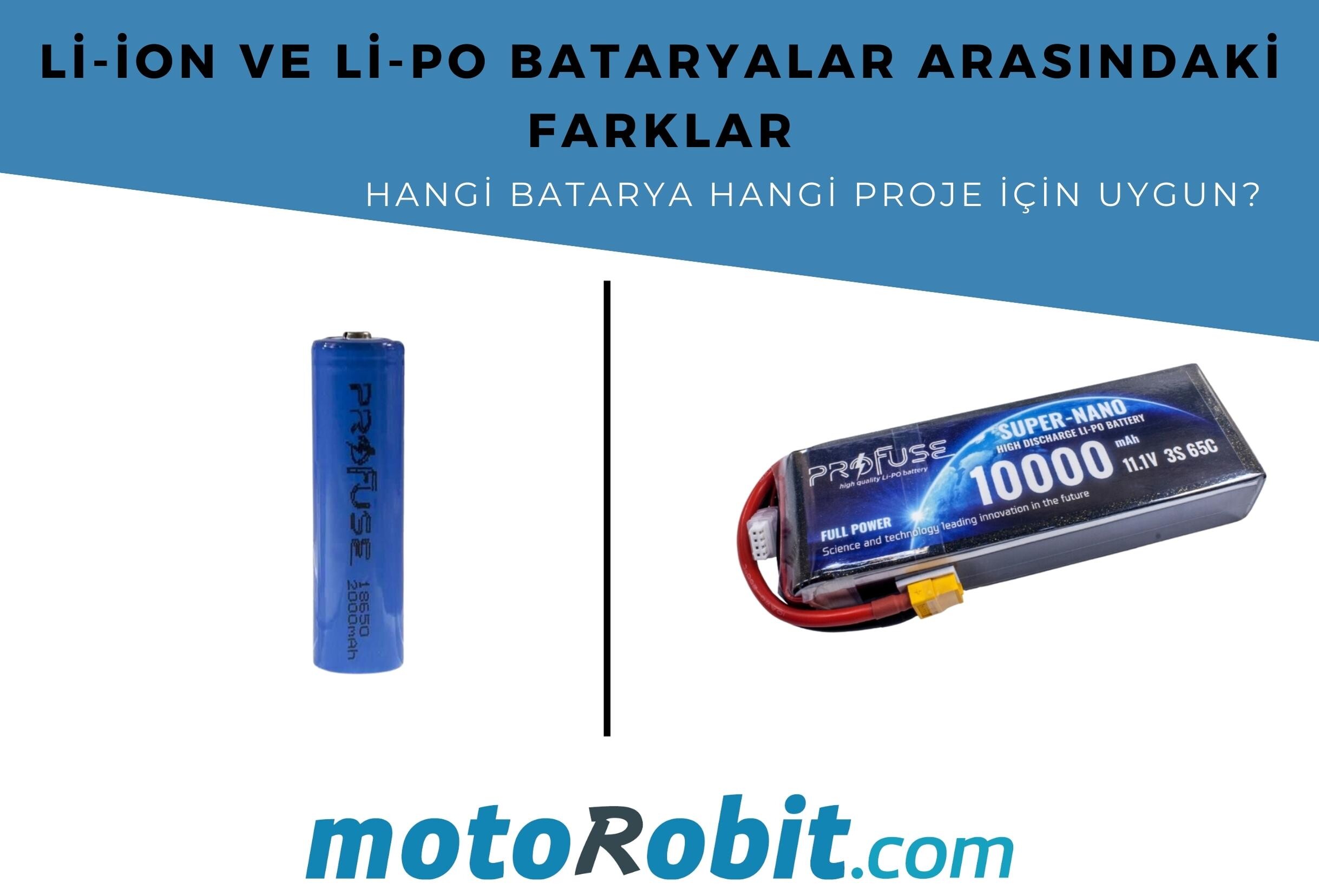
Differences Between Li-ion and Li-Po Batteries: Which Battery is Suitable for Which Project?
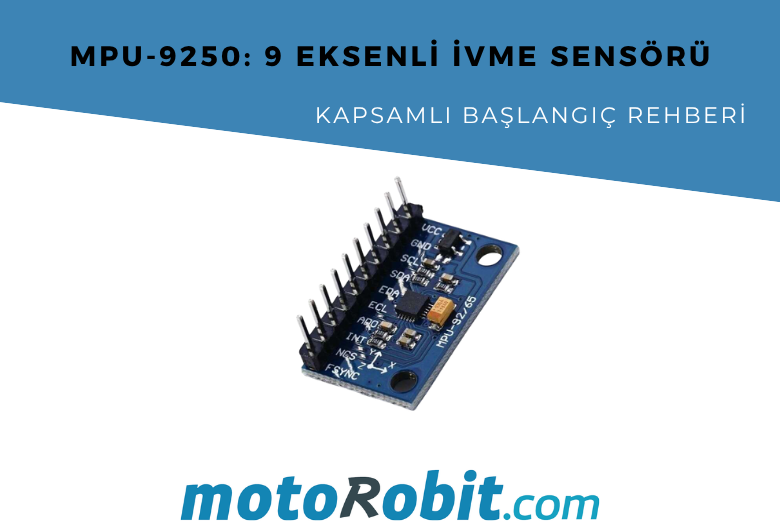
MPU-9250: 9-Axis Acceleration Sensor - A Comprehensive Beginner's Guide

What is ULN2003 ?
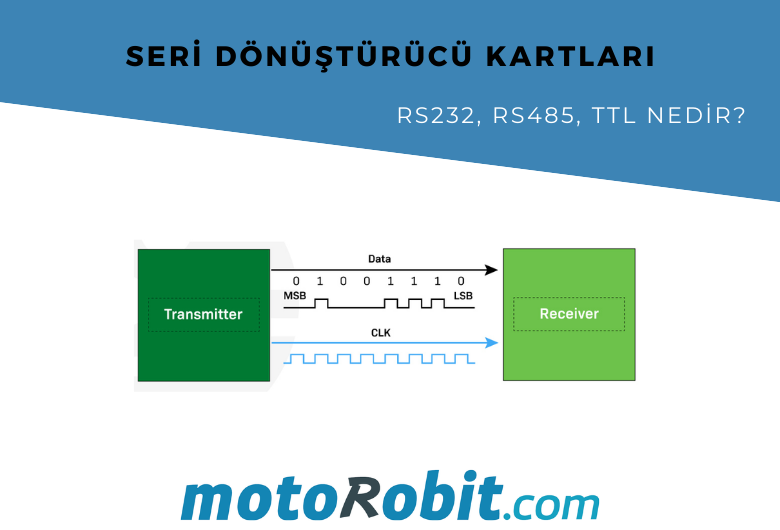
What are Serial Converter Cards (RS232, RS485, TTL)
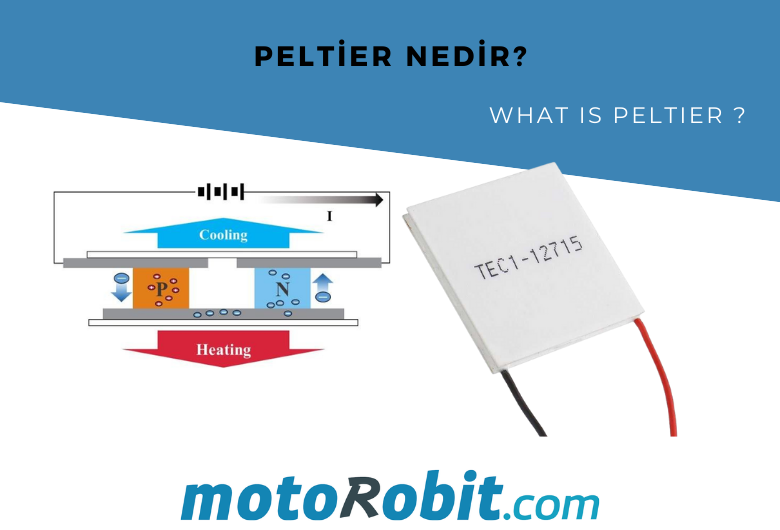
What is Peltier and What is its Working Principle?

.png)